By the Legal Eagle
The Bar Association of Sri Lanka faces an institutional crisis. The Association, historically recognized as the guardian of constitutional democracy and judicial independence, has adopted a position of silence on critical matters affecting the rule of law. This institutional passivity represents an abdication of the Association’s fundamental mandate.
Established Precedent of Constitutional Activism
The BASL’s credibility rests on decades of principled advocacy. Under President Upul Jayasuriya’s leadership, the Association demonstrated consistent opposition to executive overreach during the Rajapaksa administration, addressing systematic violations of judicial independence, arbitrary detention practices, and suppression of legal practitioners’ rights.
During the 2022 civil protests under President Saliya Pieris, PC, the Association provided legal representation for detained protesters, challenged unconstitutional emergency regulations, and issued comprehensive statements defending fundamental rights. These actions established the BASL’s role as constitutional watchdog and protector of democratic institutions.
Current Institutional Failures
The Association’s present conduct reveals significant departures from established practice on matters of constitutional significance.
The Online Safety Bill presents fundamental questions regarding freedom of expression, due process guarantees, and procedural fairness. The Bill creates vague offenses, establishes disproportionate penalties, and grants excessive discretionary powers to enforcement authorities. The Association’s failure to provide comprehensive legal analysis represents dereliction of professional duty.
The Prevention of Terrorism Act remains unreformed despite documented constitutional violations. The Act’s indefinite detention provisions, overbroad definitions, and denial of procedural safeguards constitute ongoing violations of constitutional principles. The Association’s silence on PTA reform contradicts its historical commitment to due process.
Judicial independence faces systematic erosion through arbitrary judicial transfers and administrative interference. These practices violate constitutional guarantees of security of tenure and undermine separation of powers. The Association’s failure to address these violations represents abandonment of its core mandate.
Legal Implications of Institutional Silence
For professional associations with constitutional mandates, silence carries legal and ethical implications. The BASL’s constitution establishes clear obligations to maintain the rule of law and protect judicial independence. Failure to discharge these obligations constitutes breach of institutional duty.
Professional associations cannot claim neutrality when constitutional principles face systematic erosion. Such neutrality operates as de facto endorsement of unconstitutional practices. The Association’s credibility depends on consistent application of constitutional principles regardless of political considerations.
Direct Address to Current Leadership
President Rajive Amarasuriya and the current Executive Committee must address this crisis immediately. The Association’s silence represents departure from established precedent and abandonment of institutional mandate.
The current leadership possesses authority and responsibility to restore the Association’s constitutional role through immediate institutional engagement with constitutional violations, comprehensive legal analysis of problematic legislation, and consistent opposition to unconstitutional practices.
Mandatory Institutional Action
The Bar Association of Sri Lanka must immediately resume its constitutional mandate. The Association’s failure to address the Online Safety Bill, PTA reform, and judicial independence violations constitutes institutional crisis requiring immediate corrective action.
Institutional silence on constitutional violations operates as tacit approval of unconstitutional conduct. Current leadership must restore the Association’s constitutional role or acknowledge inability to discharge institutional obligations.
The legal profession and constitutional democracy require active BASL engagement with contemporary constitutional threats. Institutional passivity represents abandonment of the Association’s fundamental mandate to protect constitutional governance and judicial independence.
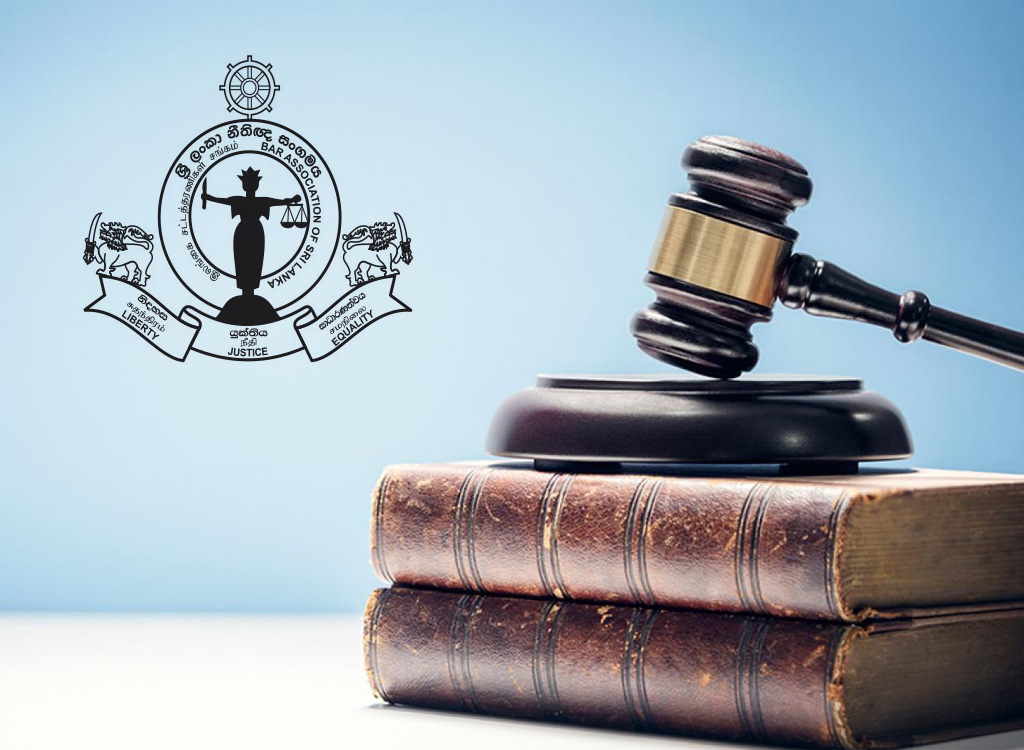


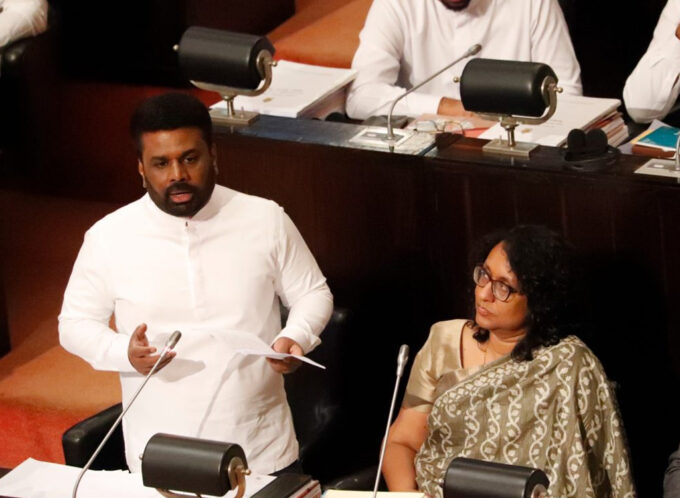


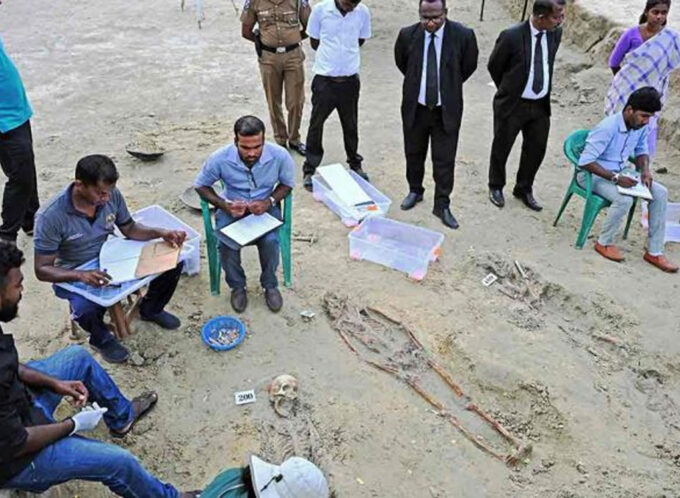

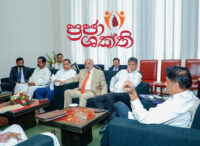
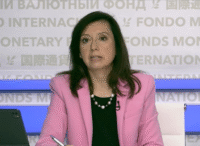
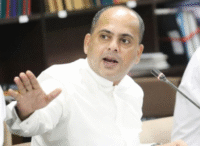
Leave a comment